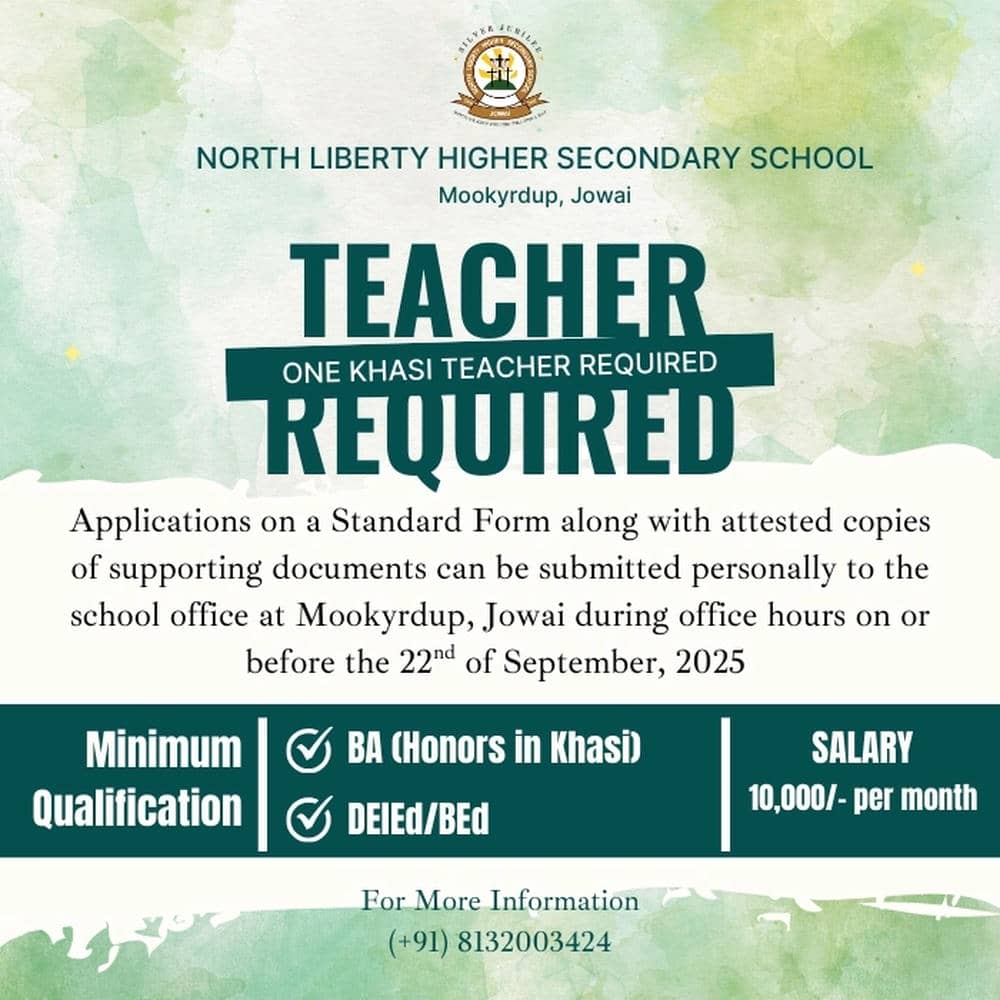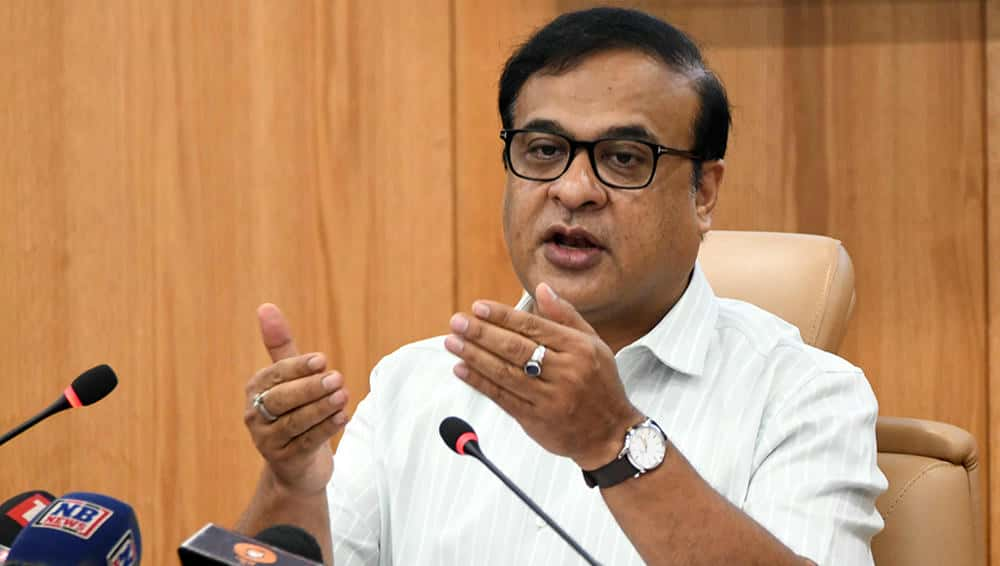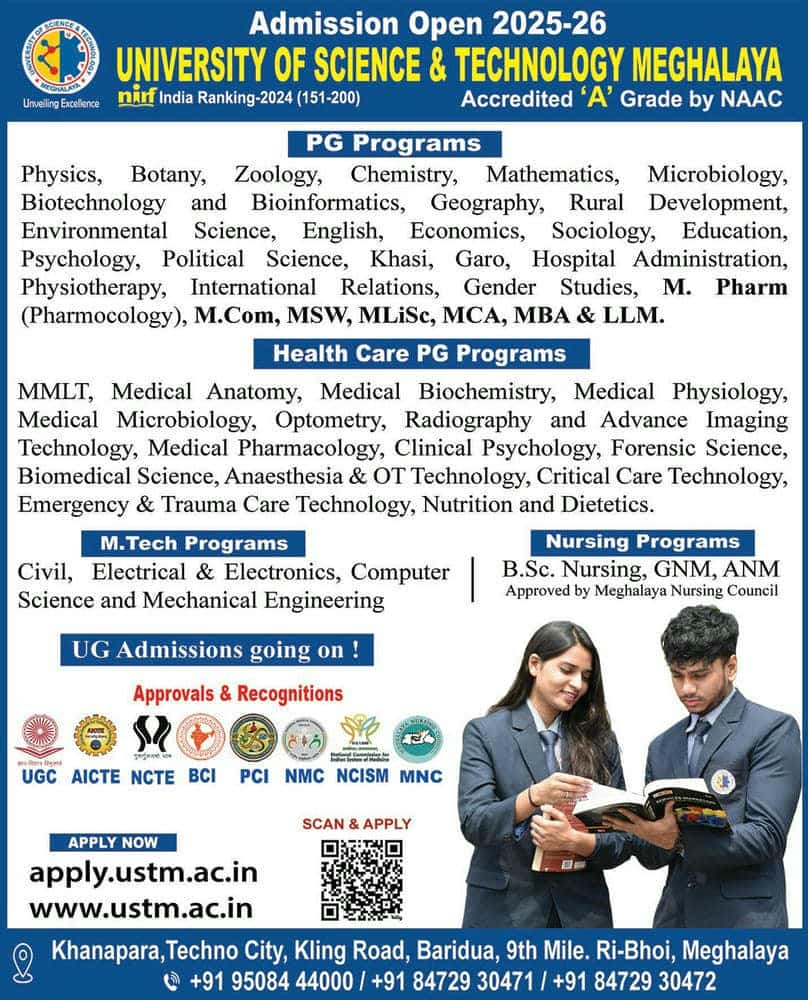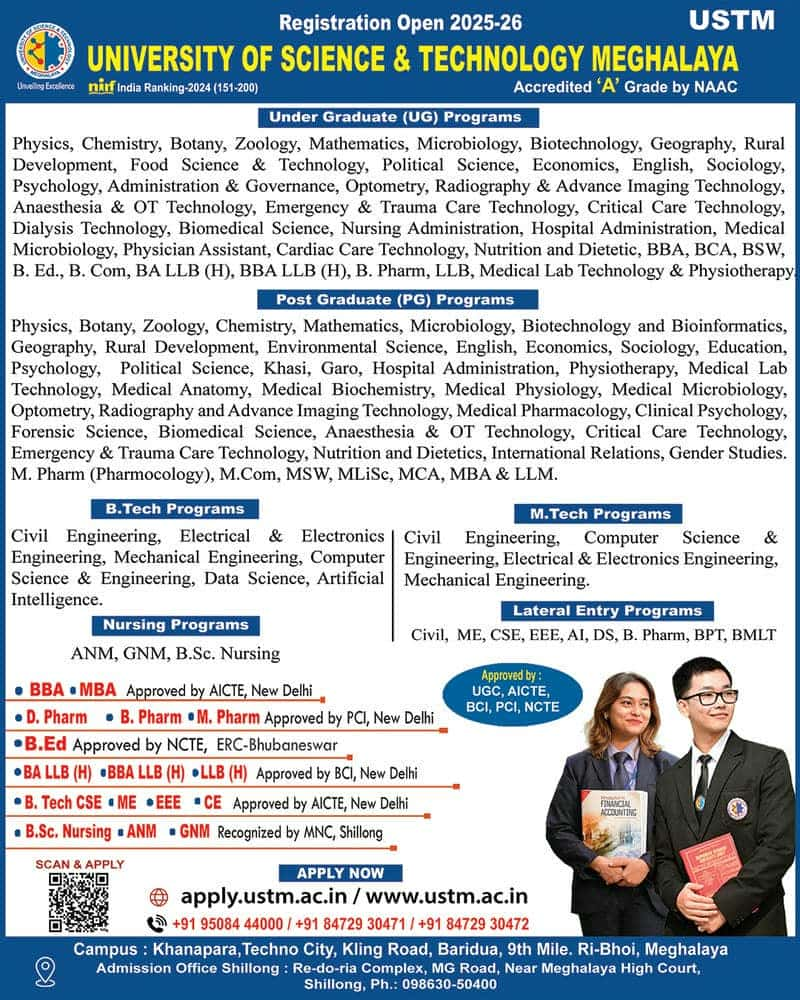Assam cabinet bars hospitals from detaining bodies, rolls out elephant conflict scheme and welfare boosts

The Assam Cabinet has moved to end a controversial practice by banning private hospitals and nursing homes from holding dead bodies over unpaid medical bills. The decision follows a series of complaints from families who were allegedly denied the bodies of deceased relatives until outstanding dues were settled.
Briefing reporters after the Cabinet meeting, Chief Minister Himanta Biswa Sarma called the practice inhumane and unacceptable. He said hospitals will now be required to release dead bodies within two hours of death certification, regardless of any pending payments. Delays beyond this time frame could lead to penalties.
Effective from August 1, any hospital or nursing home found violating the rule will face suspension of its license for three to six months and may be fined up to Rs 5 lakh. Repeat violations could result in permanent cancellation of licenses. A helpline—104—has also been designated for families to report such incidents. Upon receiving a complaint, the matter will be referred to the local police for immediate intervention.
The Cabinet has also approved regulatory guidelines and a Standard Operating Procedure (SOP) to prevent coercive billing practices by private healthcare providers.
In a separate but equally significant decision, the Cabinet approved the Gaja Mitra Scheme to mitigate the growing human-elephant conflict in the state. The scheme will cover 80 identified hotspots across Goalpara, Udalguri, Nagaon, Baksa, Sonitpur, Golaghat, Jorhat, and Biswanath districts.
The scheme includes habitat restoration, cultivation of elephant-friendly crops like bamboo and Napier grass, and the creation of rapid response teams to divert elephant herds using non-lethal methods. Each conflict-prone village will have a volunteer team of eight community members active for six months during peak conflict season, coinciding with paddy harvesting.
Sarma said the initiative aims to foster peaceful coexistence by protecting both human settlements and traditional elephant corridors.
The Cabinet also approved a range of welfare measures. Monthly remuneration for Gaon Pradhans will be increased from Rs 9,000 to Rs 14,000 from October 1, 2025. The revised pay will include those serving in forest villages.
In a step toward preserving religious heritage, Udasin Bhakats—celibate monks residing in Satras—will receive a monthly stipend of Rs 1,500 to support their livelihood and service to the community.
Two villages in Lakhimpur district—Mornoi Bebejia and Bebejia—will be de-notified from the Subansiri Tribal Block, as the proportion of protected tribal population has fallen below the required threshold of five percent.
The Cabinet also gave its nod to the Prerona Aasoni scheme, which will provide Class X students in SEBA-affiliated schools a monthly stipend of Rs 300 starting November 1, 2025, until their HSLC exams in 2026. The amount will be transferred directly to students via DBT.
Anganwadi workers and helpers will receive an increase in state incentives, bringing their total monthly pay to Rs 8,000 and Rs 4,000 respectively, effective October 1, 2025.
Additionally, the Cabinet approved the renaming of Rabindranath Tagore University to Rabindranath Thakur Vishwavidyalaya, aligning the name with the original Bengali pronunciation of the Nobel laureate’s name.





Leave a Reply